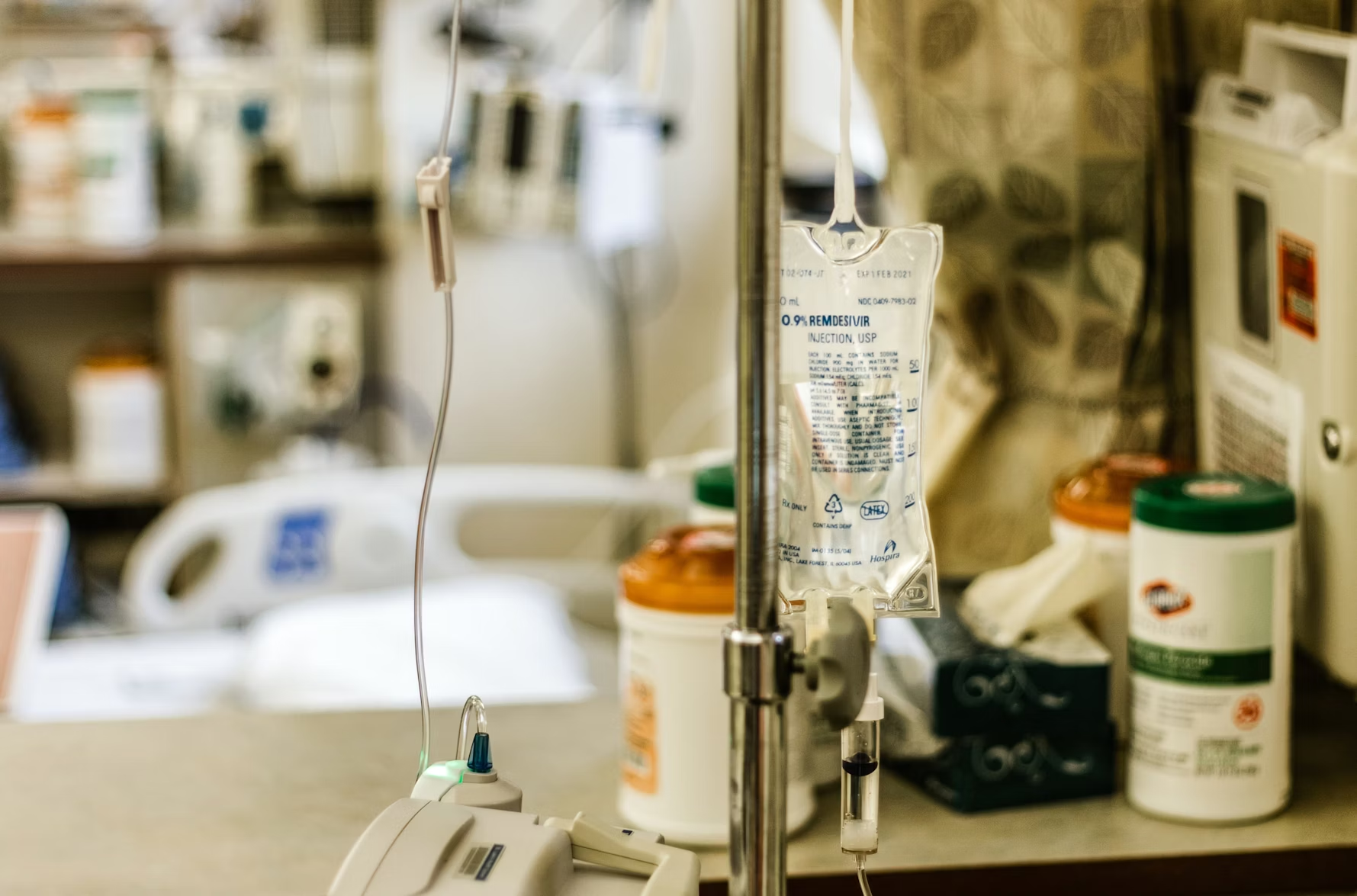The function of a healthcare system is to regulate the maintenance, provision and improvements of adequate and timely medical care to humans in a nation. It is done via providing primary care, secondary care, tertiary care and public health to the people.
The Nigerian healthcare system has made progress in some areas in the last few decades. But they are still some nagging issues concerning healthcare in Nigeria that needs to be addressed. What are some facts about healthcare in Nigeria? What are the problems with the healthcare delivery system in Nigeria? and most importantly What are the practical ways to improve healthcare in Nigeria.
This article will answer all these questions in a concise and comprehendible way, so please read on.
Facts about healthcare in Nigeria
• Healthcare in Nigeria is run by the three tiers of government. The federal government is responsible for the tertiary healthcare, which involves coordinating the affairs of the university teaching hospitals and Federal Medical Centres. While the state government manages secondary healthcare, which involves managing general hospitals. And lastly the local government is responsible for primary healthcare, which are regulated by the federal government through the National Primary Health Care Developing Agency (NPHCDA).
• The first healthcare facility in Ngeria is a dispensary opened in 1880 by the Church Missionary Society in Obosi.
• Between 1945-1955 the first Colonial Development plan for healthcare in Nigeria was introduced. The health system was regionalized.
• Between 1962-1968 the First National Development Plan for healthcare was introduced in Nigeria by the government, with emphasis on the need for expansion of healthcare to rural areas. Subsequently a second, third and fourth were later launched.
• In May 1999, the government created the National Health Insurance Scheme (NHIS), the scheme encompasses government employees, covers children under five, permanently disabled persons and prison inmates.
• In 2006, A new national health policy was adopted. The plan includes a re- designed National health insurance scheme with focus on reducing cost of treatment and adequately financing healthcare providers.
• In 2016, a report stated that life expectancy in Nigeria was estimated at 63.4 years.
• The Nigerian government allocates approximately 15% of it’s annual budget on healthcare.
• There are presently 37,000 medical doctors to take care of approximately 180 million Nigerians.
There have been positive achievements made by the Nigerian healthcare system, some of which include:
• In 2012, a new bone marrow donor program was launched in Nigeria, the second in Africa. This program will help people find bone marrow donor easily and reduce diseases like leukemia and lymphoma.
• The NHIS has benefitted citizens by providing preventive and maternity care, as well as providing inpatient care (up to 15 days per her in standard ward).
• Effectively combating epidemic outbreaks, like Ebola.
• In 2013, more than 79 million Nigerians between the ages of one to 29 years were innoculated with the MenaAfricVacine ( a meningitis vaccine) across 26 states
Problems with healthcare in Nigeria
In truth, there is no perfect healthcare system on earth. Healthcare is influenced by social conditions, economic conditions and health policies in a nation. Some problems with healthcare in Nigeria include:
• Poor healthcare facilities in the country, especially the rural areas.
• According to the 2009 communique of the Nigerian national health conference, two major issues were highlighted. First, lack of coordination, disintegration of services, scarcity of resources, including drug and supplies, inadequate and decaying infrastructure, inequity in the distributionof resources, poor access to care and very deplorable quality of care. Second, lack of clarity of roles and responsibilities among the different levels of government.
• There is also no adequate medical surveillance of the healthcare system to check its effectiveness.
• There has been many significant disease outbreaks in Nigeria.
• Poor primary health care delivery in rural areas in Nigeria.
Now that we have identified some issues in the Nigerian healthcare system, let’s now examine some practical ways in which healthcare in Nigeria can be improved.
Ways to improve healthcare in Nigeria
According to the World Health Organization (WHO), a well-functioning health care system requires a robust financing mechanism; a well-trained and adequately-paid workforce; reliable information on which to base decisions and policies; and well maintained health facilities and logistics to deliver quality medicines and technologies.
1. Integrating adequate medical intelligence and surveillance systems.
Medical Informaton System (MEDISYS) is a media monitoring system that provides event-based surveillance to rapidly identify potential public health threats using information from media reports. It is also used to combat and effectively monitor the outbreak of communicable diseases and bioattack. The presence of an MIS system will greatly improve the quality of healthcare delivery in Nigeria. It will give professionalized and deeper analysis of critical information regarding infectious disease outbreaks. It is already used in many developing countries and will very beneficial if integrated into the Nigerian health sector.
2. Carry out regular health campaigns and awareness
Another practical way to improve primary healthcare delivery in Nigeria is by disseminating vital information through health and awareness campaigns. When the public are properly and regularly informed about diseases, preventive tips and healthcare information the nation benefits.
3. Harmony in the health sector
Professor Isaac Adewole, Nigeria’s minister of health stated that one of the problems facing the health sector is lack of cohesion among health professionals. In his words “The need for a symbiotic relationship among medical doctors, dentists, pharmacists, laboratory technicians, nurses, radiographers and other health workers will fortify the health sector.” This is feasible because such harmony is a requirement for effective healthcare delivery system in Nigeria. No healthcare professional should feel superior to the other. The Nigeria health system should be based on team work. Regardless of their discipline, they should work together to provide the best possible healthcare services to every Nigerian.
4. Inform people about the NHIS
In 2016, a report was published which stated that only 4% of Nigerians are covered by the NHIS. This is appalling, considering the fact that other developing countries like Ghana and Kenya already have 50% coverage of their own health insurance schemes.
Effort should be made to inform Nigerians about the national health insurance scheme, because of the rising cost of healthcare services in the country.
Effort should be made to inform Nigerians about the national health insurance scheme, because of the rising cost of healthcare services in the country.
5. Support from the government
The government has a huge role to play if the healthcare system in any country is to improve. The three tiers of government have to clearly define their lines of responsibility. The salaries of health personnel should not be delayed, the quality of infrastructure and health facilities should also be improved.
If healthcare is to develop in Nigeria, the government has be to more supportive and view each disease as a threat to national security and the wellbeing of its citizens.
If healthcare is to develop in Nigeria, the government has be to more supportive and view each disease as a threat to national security and the wellbeing of its citizens.
In all honesty, it is easier said than done. To improve the quality of healthcare and healthcare delivery in a developing nation can be a real challenge, but with consistent effort, teamwork and support from the government improvements can be made. Thank you for reading.
– elibrary.worldbank.org/doi/abs/10.1596/978-0-8213-8311-7
– https://en.m.wikipedia.org/wiki/Healthcare_in_Nigeria
– www.visitnigeria.com.ng/nigeria-healthcare-system-the-good-and-the-bad/
Do you have another opinion? Please comment below, I’d be happy to read it.
Originally written by Nwokolo Collins Onyedika
Please follow and like us:










i think that another factor should be bringing in/educating more aspiring doctors! the fact that you mentioned that there's only 370,000 doctors in Nigeria for 180 mill people is frankly worrying. that means a doctor will be allocated 486 people to his or herself?! that's a great cause for concern
Very good point raised.